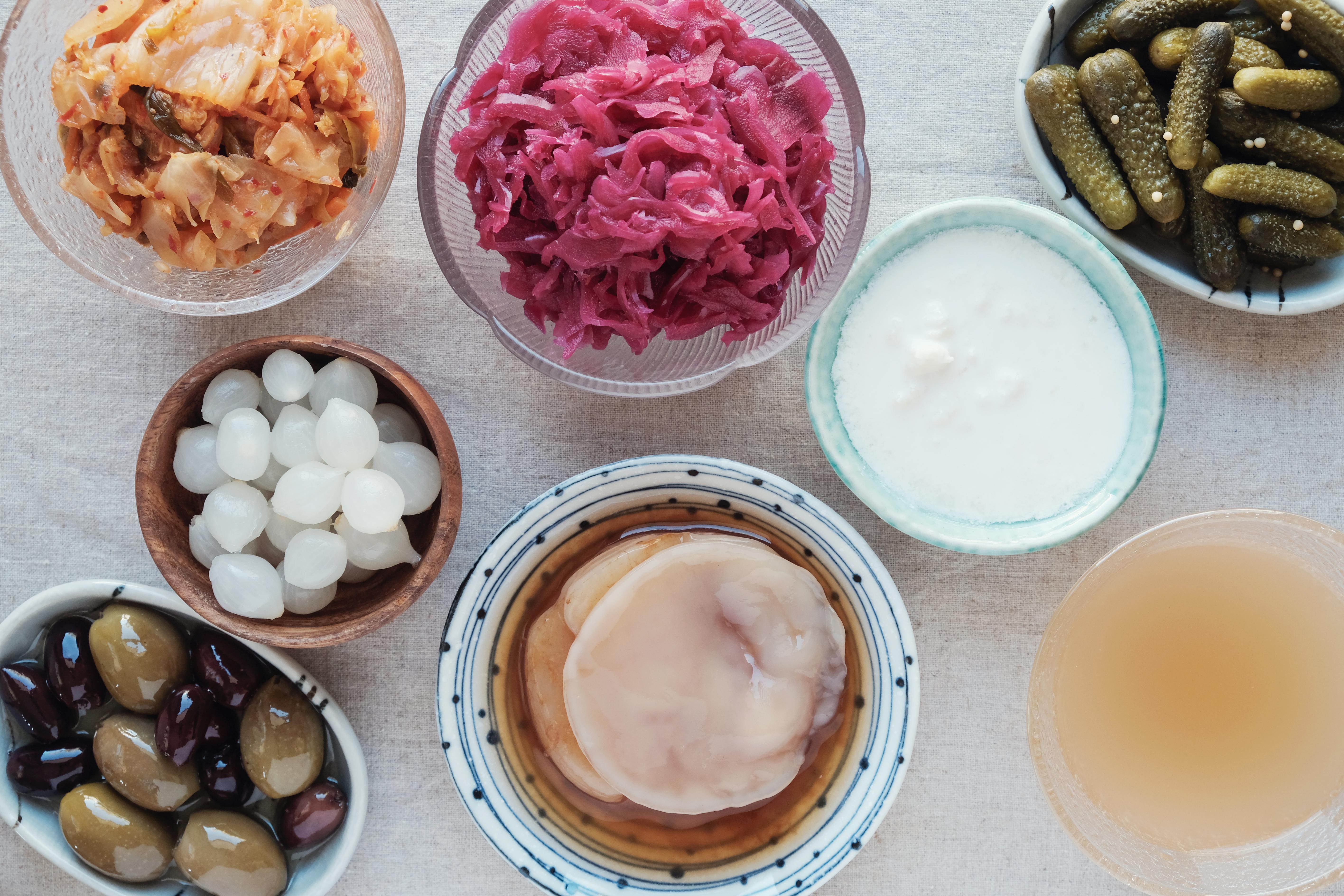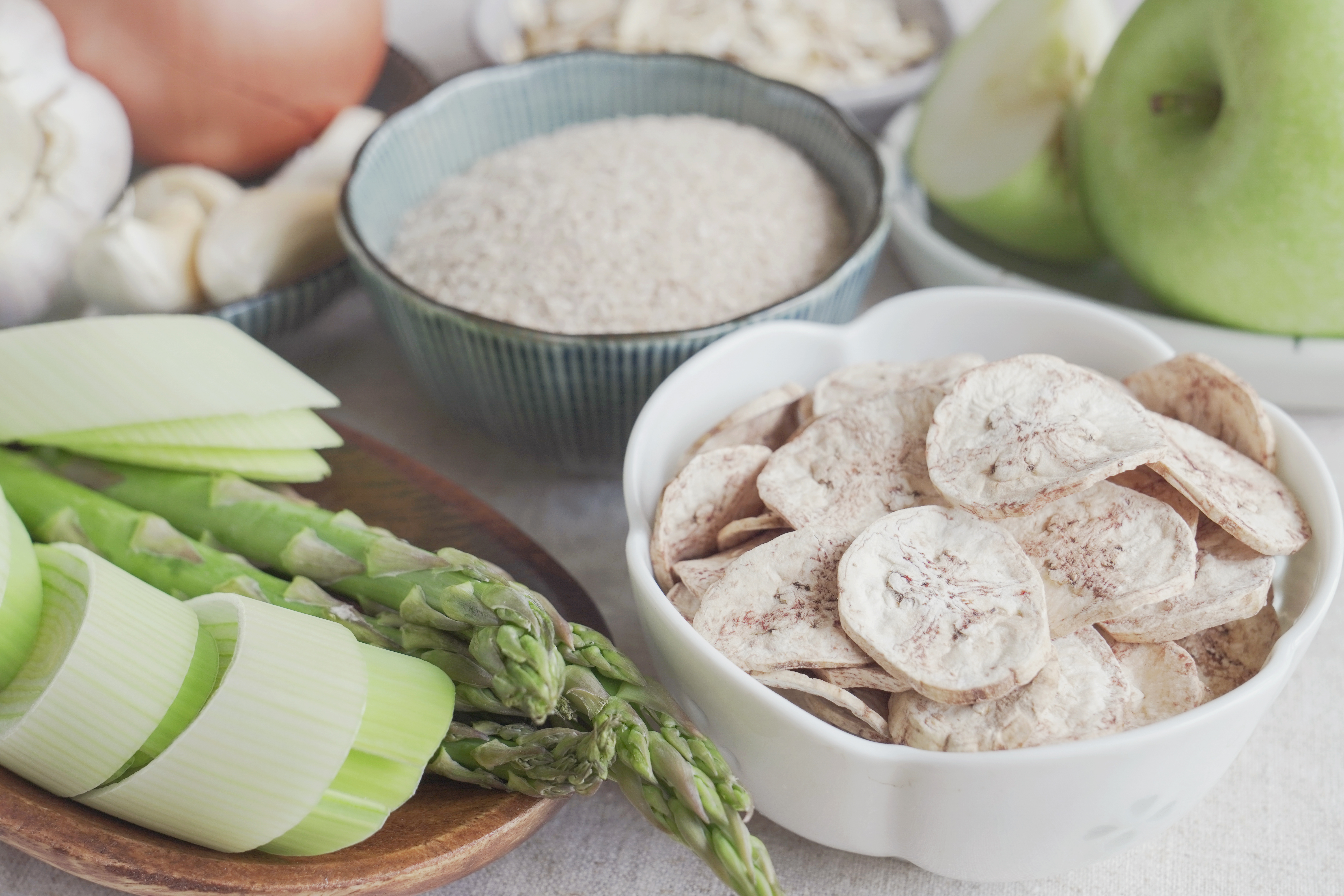Best And Worst Foods For Your Gut Microbiome
Ever found yourself battling persistent brain fog, inexplicable fatigue, or a daily dance with digestive discomfort? The silent conductor of these experiences might just be your gut. Far from a mere digestive tract, your gut is a vibrant, intricate ecosystem, teeming with trillions of microbes that profoundly influence everything from your mood and immunity to your energy levels and mental sharpness. When this delicate inner universe is balanced, you feel robust, clear, and resilient. But an imbalance can unleash a cascade of health issues. To empower you to take control, we've dramatically expanded our essential guide, now revealing 34 crucial factors – from surprising superfoods to often-overlooked daily habits – that actively heal or harm your gut. Get ready to embark on a transformative journey, mastering the key players in your body's most influential inner landscape and reclaiming your vitality.
1. Probiotics – The Beneficial Bacteria

Probiotics are live microorganisms that offer numerous health benefits when consumed in adequate amounts. These beneficial bacteria are naturally found in fermented foods like yogurt, kefir, sauerkraut, and kimchi. Probiotics help maintain a healthy balance of gut bacteria by competing with harmful bacteria for resources and space. They play a critical role in digestion, breaking down food substances that the human body cannot digest on its own. Moreover, probiotics have been shown to boost the immune system, reduce inflammation, and even improve mental health by influencing the gut-brain axis. Regular consumption of probiotic-rich foods or supplements can significantly enhance gut health.
2. Prebiotics – Nourishing the Good Bacteria

Prebiotics are non-digestible fibers that serve as food for beneficial gut bacteria. Unlike probiotics, which introduce new bacteria into the gut, prebiotics help nourish and stimulate the growth of existing beneficial bacteria. Foods rich in prebiotics include garlic, onions, bananas, asparagus, and whole grains. By promoting the growth of beneficial bacteria, prebiotics help maintain a balanced gut microbiome, which is essential for optimal digestion and immune function. Additionally, prebiotics have been linked to improved calcium absorption, reduced risk of cardiovascular disease, and better blood sugar control. Incorporating prebiotic-rich foods into your diet can support a healthy gut environment.
